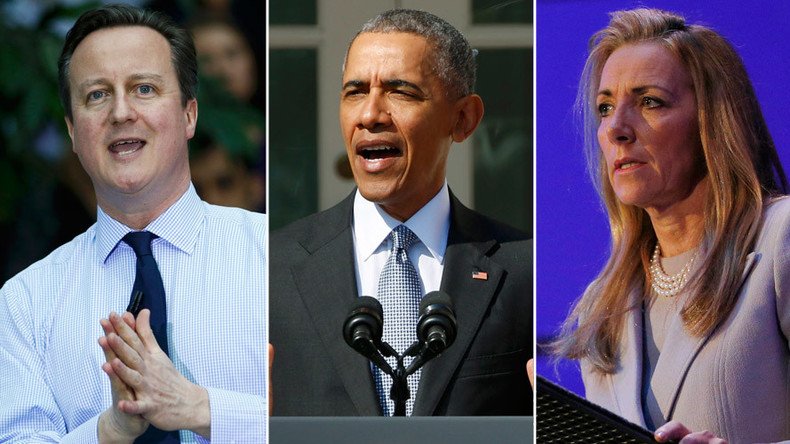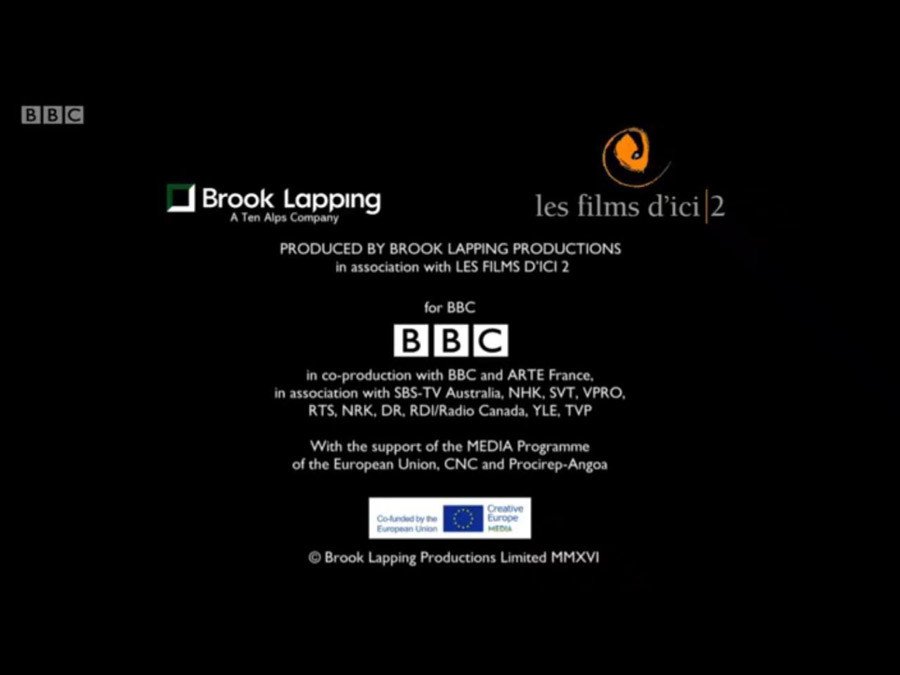EU-funded BBC documentary on Obama sparks allegations of anti-Brexit bias

The BBC has produced an uncritical documentary series on Barack Obama’s presidential legacy using cash from the European Commission (EC) as the outgoing president ramps up his anti-Brexit lobbying ahead of a UK visit next month.
Obama’s visit the UK to bolster Prime Minister David Cameron’s campaign for Britain to remain in the European Union (EU) has angered Euroskeptics and the wider British public, pushing more than 26,000 people to back a petition calling for the trip to be scrapped.
The petition, which will remain online until August 3, has attracted 100,000 signatures to date.
BBC's powerful, 'intolerable' Brexit role • https://t.co/yBTN1Z94WM • @POLITICOEurope • BBC's bias has led to lack of trust
— paulstpancras (@paulstpancras) March 21, 2016
The BBC co-produced the four-part documentary series “Inside Obama’s White House” with ARTE France. An array of other Western media outlets, including SBS-TV Australia and RDI/Radio Canada, also collaborated in the production process.
The BBC previously attempted to shroud its EU funding in secrecy because the state broadcaster is compelled to remain politically neutral, as laid out in its Charter.
Critics suggest this aversion to transparency occurred because the BBC is funded by British taxpayers through a television license fee.
The BBC Trust, which sets the strategic direction for the BBC, declined to confirm or deny the precise origin of the documentary series’ funding sources. The body is responsible for ensuring the BBC’s services meet audience expectations. However, in the credits of the opening episode, the European Commission-funded organization Creative Europe Media is listed as a funder.
A MAJOR investigation revealed BBC coverage of the EU referendum is heavily biased towards the Remain camp. https://t.co/6NFVpzSMNH
— Dewi (@canofwormstwo) March 19, 2016
Creative Europe will have used €1.46 billion worth of British and European taxpayers’ money to support European projects between now and 2020, according to its website. The organization also has offices in a number of British government-funded institutions, including the British Institute and the British Council, meaning Brits are funding this documentary in multiple ways.
Ex-BBC journalist Robin Aitken has long argued the BBC is prone to pro-EU bias.
“Throughout the 1980s, the 1990s and well into the new century the BBC was, in contravention of its commitment to impartiality, wholeheartedly and unashamedly pro-EU,” he wrote last November on the rightwing website Conservative Home.
“It is my belief that BBC bias in favor of the Europhile case has been counter-productive. I will go further: the BBC’s pro-EU bias is one of the main reasons why the Brexit camp now has the wind in its sails.”
Aitken added the BBC has the power to exert “almost irresistible pressure on a government.”

According to an article published in the Telegraph, the BBC secretly received millions of pounds from the EU and UK councils between 2008 and 2012. While BBC Worldwide borrowed more than £141 million from the European Investment Bank, it was also found to have received more than £3 million in grants.
A Freedom of Information (FoI) request tabled by the Spectator in 2014 forced the broadcaster to come clean on the specifics of this EU funding. A spokesperson for the BBC said: “BBC staff applied for, and accepted, about £3 million of EU funds between April 2011 and November 2013, most of which has been spent on unspecified ‘research and development’ projects, with the remaining £1 million spent on programming.”
The first episode of the documentary series began on March 17, titled “100 days.”
Episode two will be broadcast on March 20 and is set to focus on Obama healthcare reforms. The third episode will focus on the Gulf wars, while the theme of the finale has not yet been disclosed.
The BBC’s Executive Board dictates its editorial output in line with a framework laid down by the BBC Trust. Members of the Trust are selected by the British monarchy based on a recommendation from government ministers.
Indication that the BBC has a bias towards remain, our supporters have been saying this for a long time. https://t.co/HyCfa6BglT#LeaveEU
— LEAVE.EU (@LeaveEUOfficial) March 19, 2016
The Trust is independent of external bodies and BBC management, and claims to serve the public interest. It’s Chairman, Rhona Fairhead, has previously attracted criticism over an alleged conflict of interest concerning a second role she occupies as non-executive director at British banking giant HSBC.
BBC impartiality is frequently called into question. Some critics argue the BBC’s coverage of the 2014 Gaza conflict was blighted by bias, while others say the broadcaster’s coverage of last year’s Scottish independence campaign also lacked objectivity.
The broadcaster has also been accused of gagging hundreds of staff. Freedom of Information (FoI) figures spanning a period of eight years revealed in 2013 the broadcaster had spent £28 million ($43.3 million) on gag orders. The money the BBC had invested in silencing staff sparked allegations the broadcaster was using suppression orders to stop those who had been exposed to sexual harassment or bullying at work from blowing the whistle.












